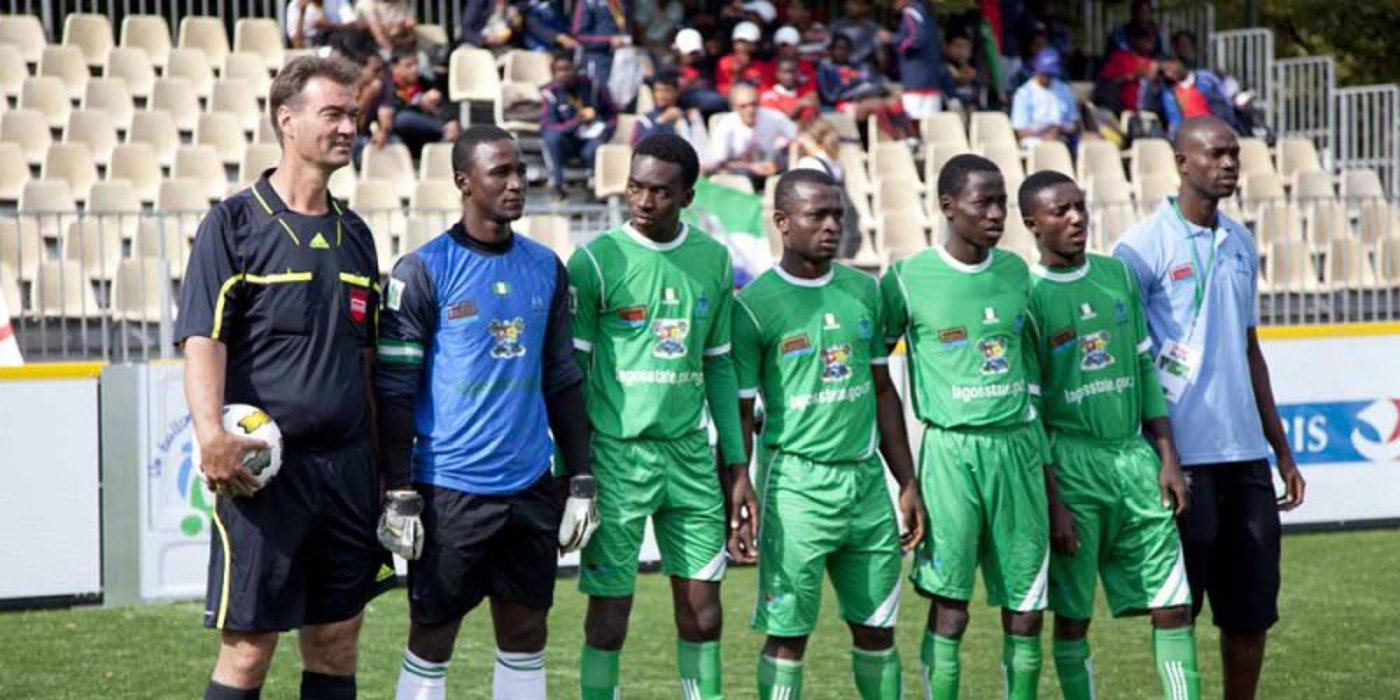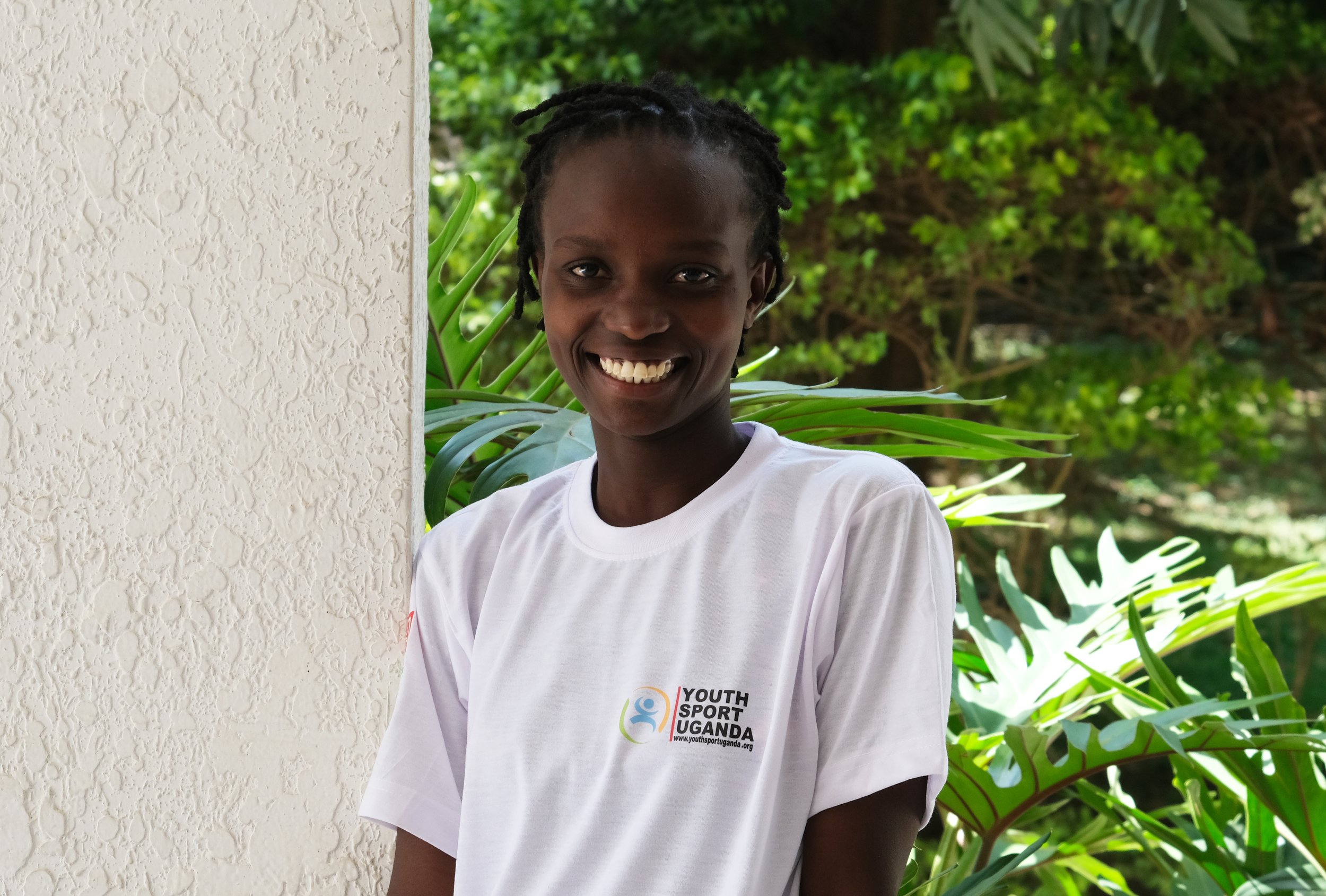
NIGERIA
S.G. – YOUTH FOR DEVELOPMENT CENTRE
S.G. – Youth for Development Centre is a non-governmental and non-partisan organisation founded in 2003. Using the power of sport, they provide programmes offering training, rehabilitation, employment, and sports and recreation opportunities to young Nigerians who are homeless, unemployed, or suffering from substance abuse.
Their main areas of work are youth development and leadership, gender equality, peace building, and health promotion.
Country statistics
161 out of 189 in Human Development Index rankings (UNDP, 2022)
$1,880 Average annual salary per person (World Bank, 2023)
70% of the population in Lagos live in informal settlements (Amnesty International, 2017)
Nigeria is a country in Western Africa with a population of 235.6 million, making it the most populated country in Africa (Worldometer, 2025). The majority of people live in urban areas, with an estimated 16.5 million people living in capital city, Lagos (World Population Review; CIA World Factbook, 2023).
It was estimated in 2017 that 70% of the population in Lagos lived in informal settlements and two-thirds lived on less than $1 a day (Amnesty International, 2017).
Homelessness in Nigeria predominantly is made up of people who are living on the streets or in informal housing in overcrowded conditions. The primary causes are fast rates of urbanisation, economic inequality, political instability and conflict and inadequate housing policies to tackle the rising cost of living and housing shortages.
The Federal Republic of Nigeria's Draft National Social Protection Policy (2016) outlined plans to improve social welfare, but implementation has been slow and insufficient (IJSSR, 2024).
In 2024, Nigerian President Bola Tinubu appointed his son-in-law as the head of the Federal Housing Authority, leading to concerns about nepotism (BBC, 2024).
Nigeria is currently experiencing the worst economic crisis in a generation, with food prices rising by 35%. This has been blamed on the wider economic global shocks, but also by governmental decisions to remodel the economy. The value of the currency has also fallen by two thirds, leading the cost of imported goods to rise substantially (BBC, 2024).
Inflation also led to a rise in the cost of building materials and many new houses are unaffordable and stand empty on previously inhabited land (Reuters, 2021).
Islamist militant group Boko Haram have had a presence in the north-east of the country since 2009 which has led to the deaths of thousands and displacement of millions. As of 2023, 3.3 million people are internally displaced in the country as a result of conflict or violence (IDMC, 2023).
STORIES from the region










